A diving scooter can double your range and conserve your energy underwater but misuse can cut a dive short or even cause injury. If you're new to diver propulsion vehicles (DPVs), this guide explains exactly how to operate one safely and efficiently.
How Long Does It Take to Charge a Diving Scooter?
Most diving scooters take 3–6 hours to fully charge. Higher-end models with fast-charging batteries may need as little as 2 hours. Budget or larger-capacity models may require 6–8 hours.
Charging time depends on:
-
Battery type (lithium charges faster than lead-acid)
-
Battery size (measured in Ah)
-
Charger output (2A vs 5A, etc.)
To find your exact charge time, check your device's manual or battery specs. If unsure, assume at least 4 hours and plan your dive schedule accordingly.
How to Use a Diving Scooter Correctly
1. Pre-Dive Check
-
Inspect battery seals and housing for damage or debris.
-
Confirm full charge.
-
Power on briefly to test throttle and propeller function.
-
Ensure propeller guard is intact.
-
Wear proper gear: fins, mask, BCD (or snorkel vest if at surface level).
2. Enter the Water Carefully
Do not activate the scooter on land or boat deck. Enter water with control. Power on once you’re floating safely.
3. Basic Positioning
-
Hold handles firmly with both hands.
-
Keep your body streamlined behind the scooter.
-
Arms relaxed, legs extended.

4. Control Speed and Direction
-
Start on the lowest speed setting.
-
Steer by gently leaning your body left or right.
-
To descend, tilt the nose down. To ascend, tilt upward gradually avoid rapid vertical movement.
5. Stop Safely
Release the trigger to cut propulsion. Use your fins to stabilize or brake. There are no mechanical brakes anticipate stopping distance.
Diving Scooter Safety Best Practices
Never Dive Alone
A buddy is essential. Scooters make it easy to get separated stay within visual contact at all times.
Stay Within Manual Range
Only travel as far as you could swim back without the scooter. Battery failure, flooding, or propeller damage are all possible.
Watch Your Speed
Fast = less control. Cruise slowly in areas with obstacles, marine life, or low visibility. High speed should be reserved for open, clear water.
Monitor Depth and Buoyancy
Scooters don’t manage your depth. You do. Stay neutrally buoyant and watch your depth gauge, especially when ascending.
Don’t Chase Marine Life
Scooter propulsion can stress fish, turtles, and other sea life. Maintain respectful distance and avoid stirring sediment.
After-Dive Maintenance
-
Rinse with fresh water immediately after use.
-
Air-dry before opening the battery compartment.
-
Check for damage around seals, propeller, and trigger.
-
Store dry, away from direct sunlight or heat.
-
Recharge only when unit is dry and cool.
Routine care prevents salt buildup, corrosion, and mechanical failure.
Recommended: Asiwo Manta Sea Scooter Maintenance Guide
A Beginner-Friendly Option: Asiwo MANTA Diving Scooter
If you're starting out or want a scooter that's easy to control, the Asiwo MANTA Diving Scooter is a strong option.
Why it works for safe, effective operation:
-
Three speed levels allow you to practice at your own pace.
-
Buoyancy adjustment helps keep you stable underwater.
-
30-meter depth rating covers recreational diving needs.
-
Quick-swap battery with 35–45 minutes runtime.
It’s designed to give you control, not just power ideal for new and intermediate users who want to focus on safety and precision.

→ Asiwo Manta
Final Tips for Safe, Efficient Scooter Use
-
Practice in a pool or calm bay before open water.
-
Avoid tight spaces like wrecks or caves unless properly trained.
-
Review emergency protocols: scooter failure, loss of buoyancy, or getting separated.
-
Use the scooter as a tool not a toy.
Conclusion
A diving scooter amplifies what you're already capable of. Learn the fundamentals charging, handling, stopping, and navigating and you’ll be safer, more confident, and better prepared for deeper underwater exploration.
Start slow. Stay in control. The ocean isn’t a race it’s a responsibility.
FAQs
How long does it take to charge a diving scooter?
Most diving scooters take 3 to 6 hours to fully charge, depending on battery type and charger output. Always check your model’s specifications.
Can beginners use a diving scooter safely?
Yes, as long as you follow basic safety practices, such as starting at low speed, diving with a buddy, and staying within swimming range. Practice in calm water first.
Is it safe to use a diving scooter around coral or marine life?
Only if you maintain slow speed and safe distance. Avoid disturbing marine life, stirring up sediment, or damaging coral by steering carefully and using the scooter responsibly.
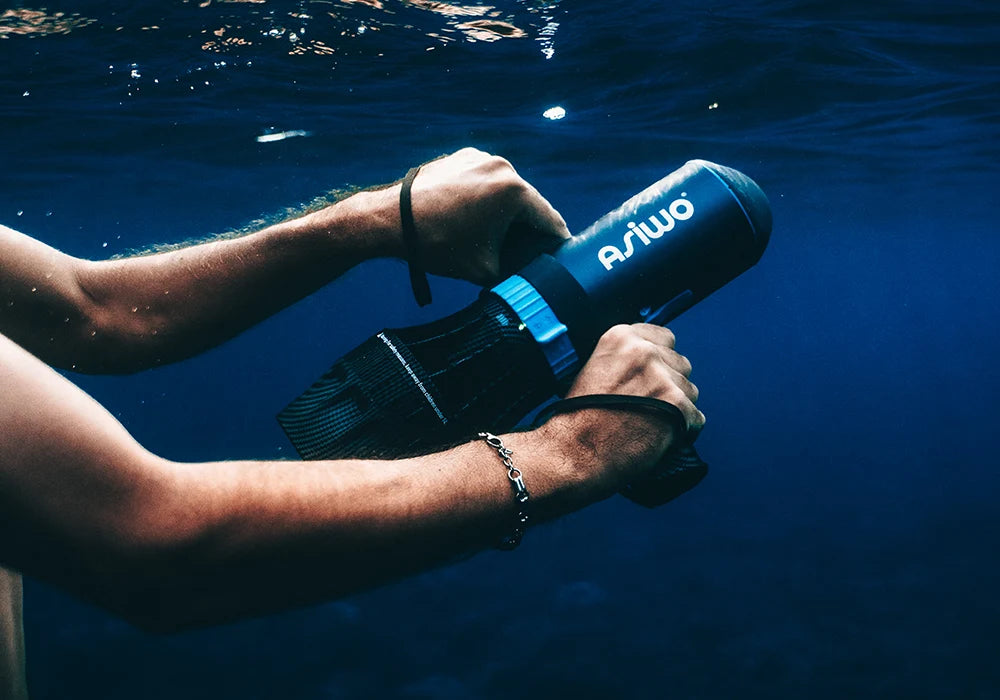




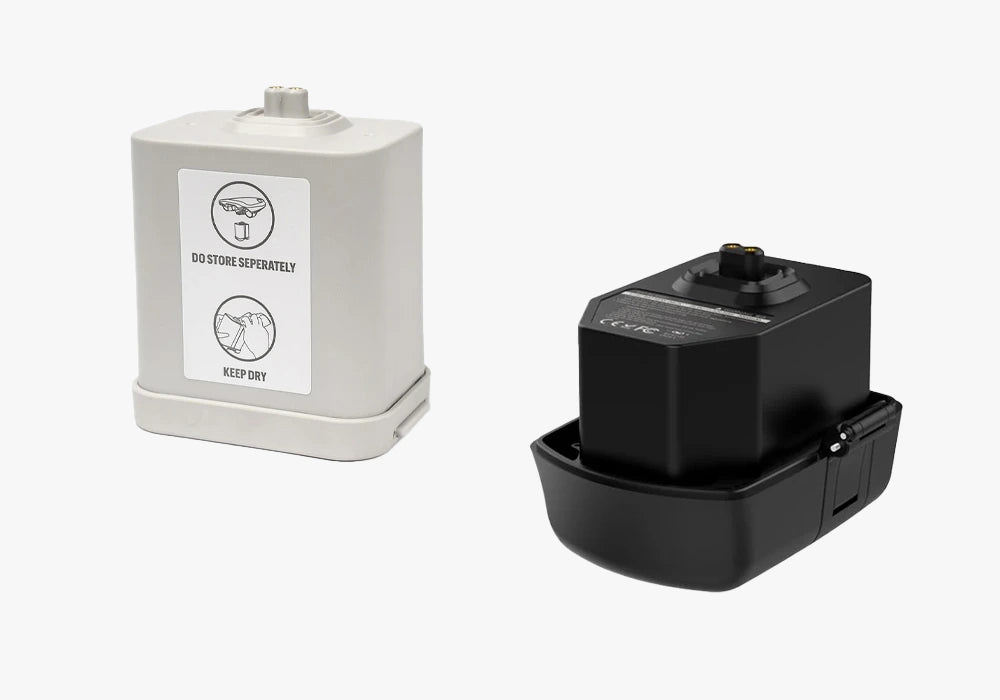




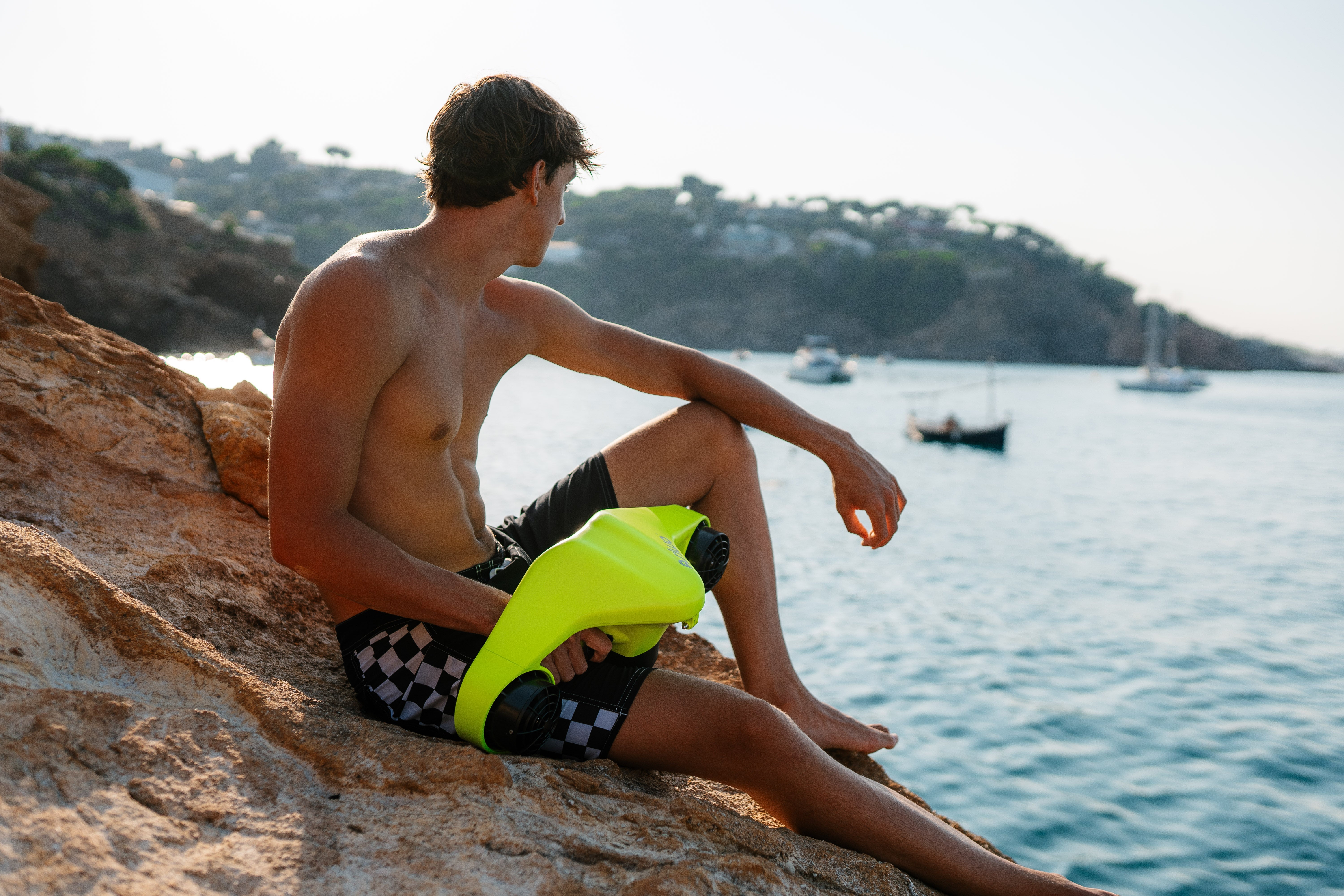
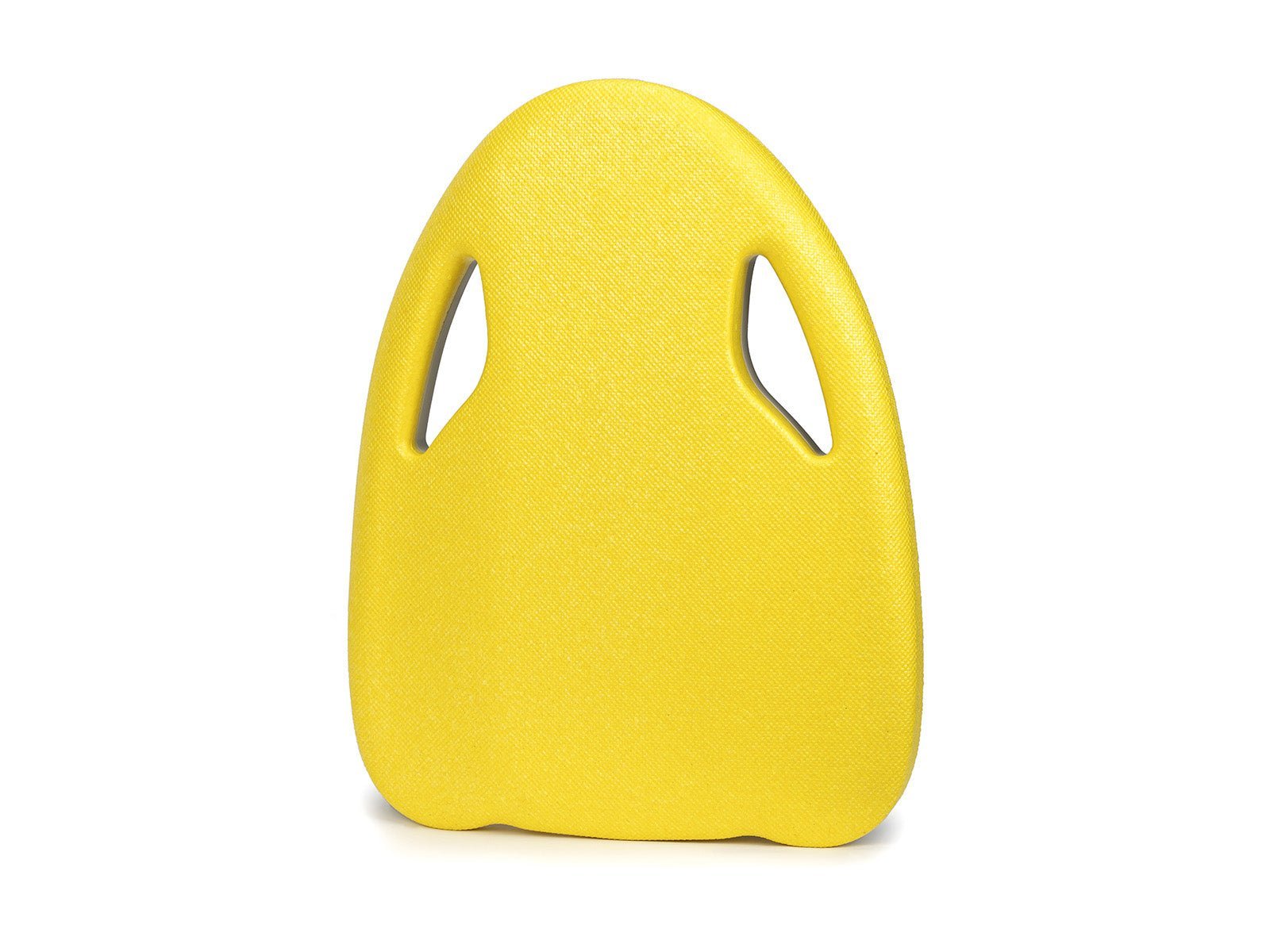
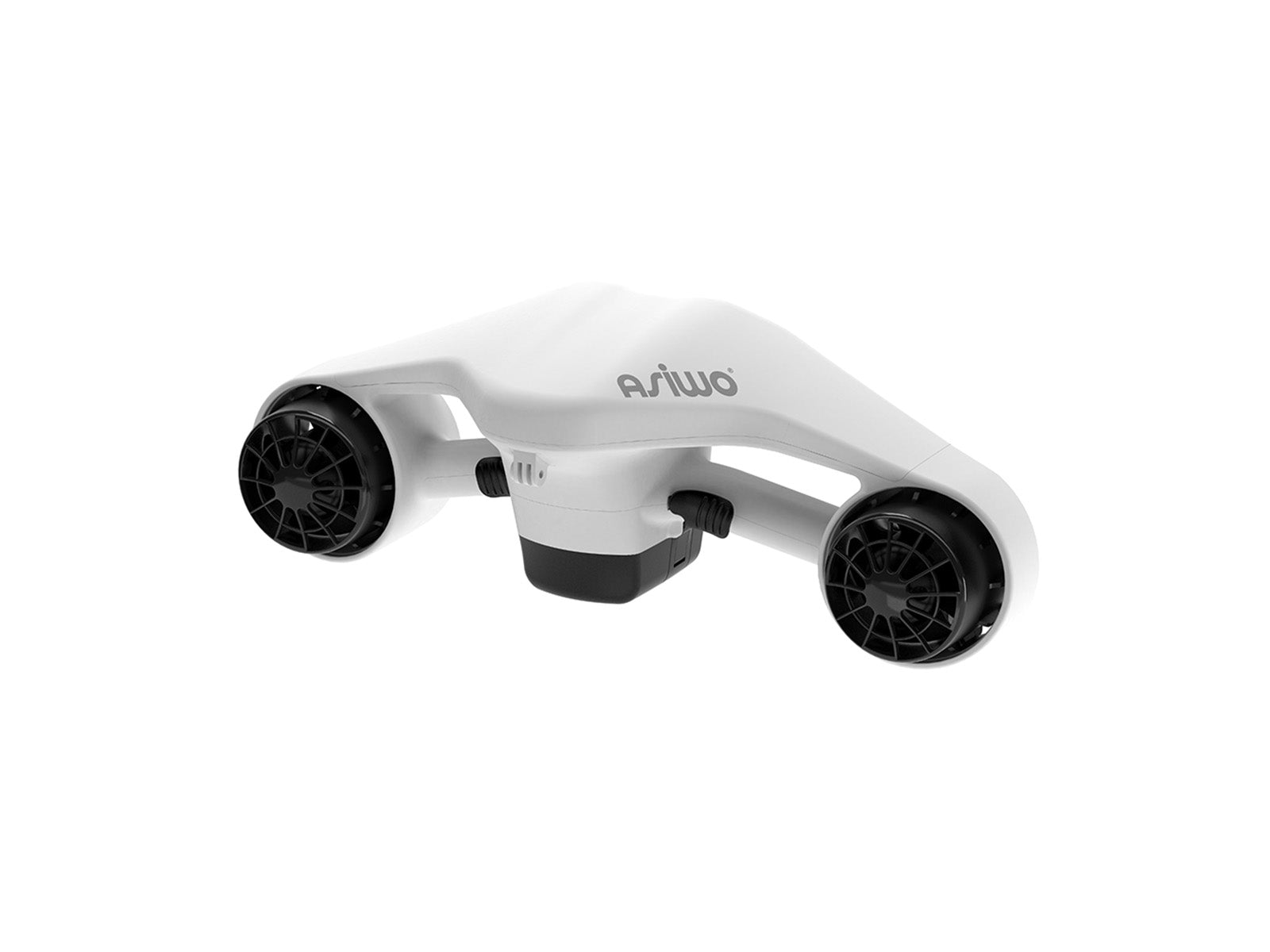
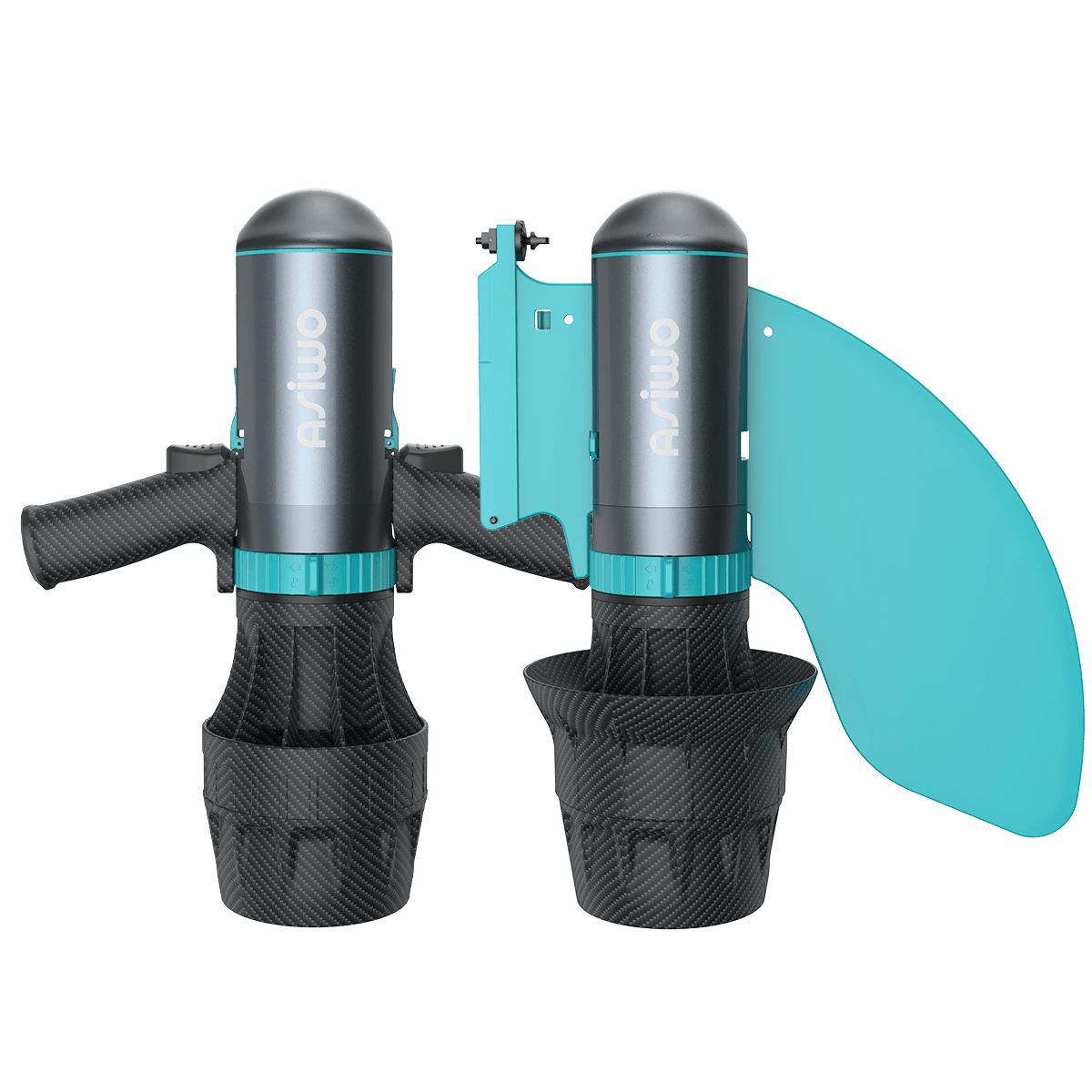




Hinterlassen Sie einen Kommentar